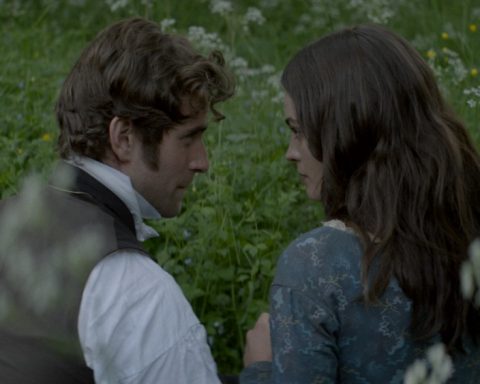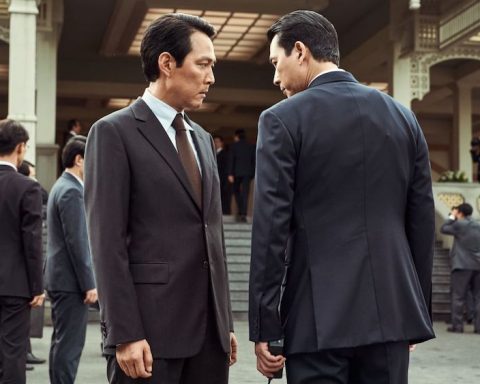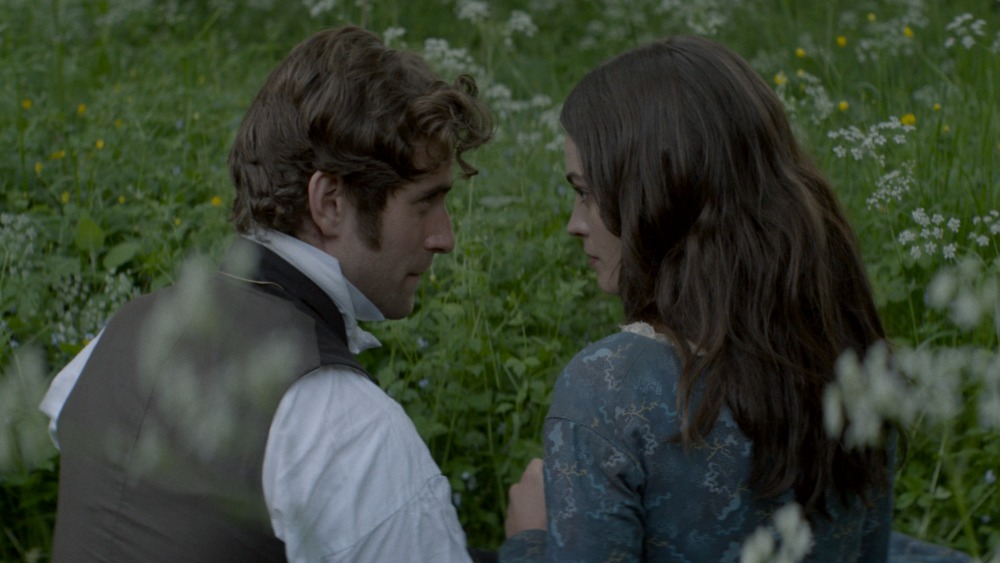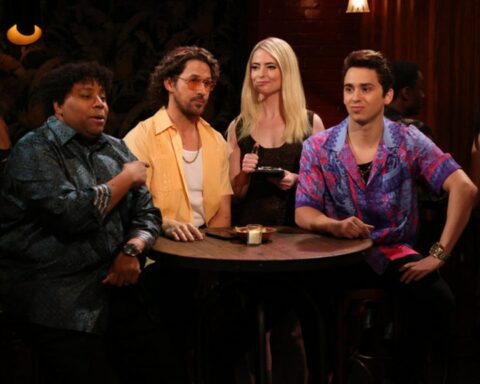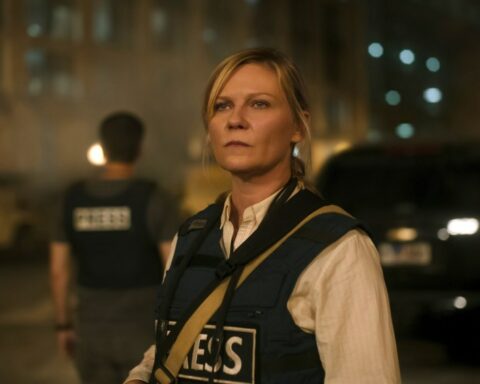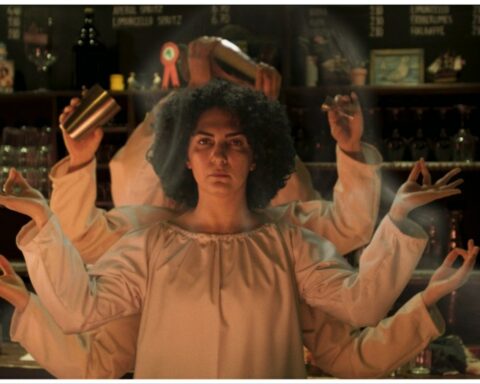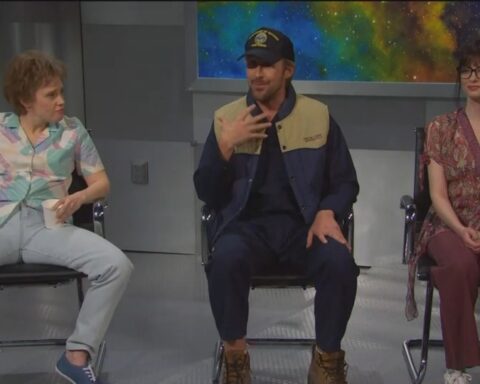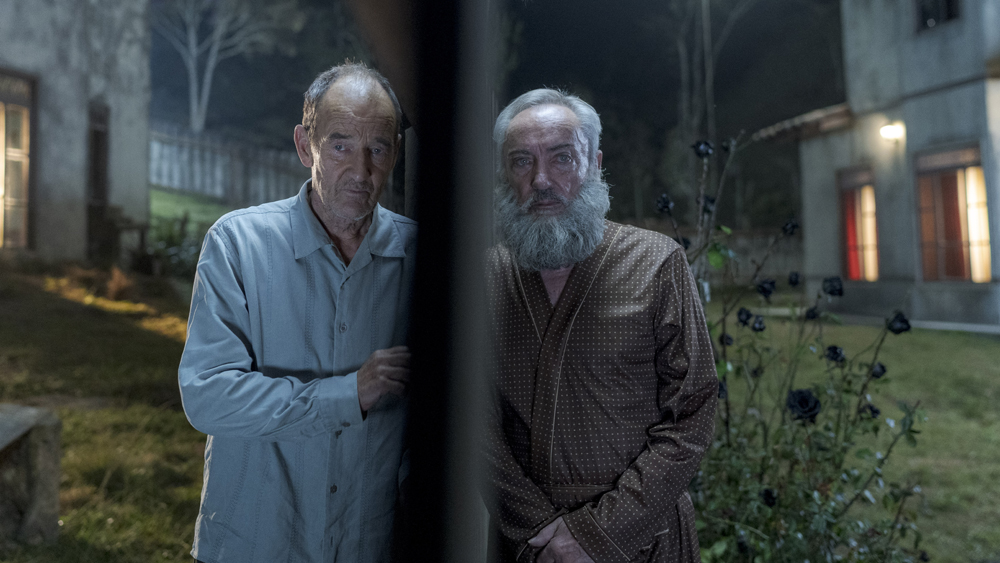
The Locarno Film Festival’s artistic director, Giona A. Nazzaro, has rejected calls to ban Leon Prudovsky’s “My Neighbor, Adolf,” which world premieres Aug. 4 in Locarno’s Piazza Grande, after a controversy was sparked regarding its funding.
A group of Israeli filmmakers and artists have urged Locarno to drop the film due to an allegation that the Rabinovich Foundation, one of its funders, attached politically motivated conditions to the funding. It was alleged that the foundation is now contractually obligating producers to agree that their films don’t include any statement or message that denies the “existence of the state of Israel as a Jewish and democratic state,” according to a story published on Tuesday in the Hollywood Reporter.
Nazzaro told Variety in a statement issued Wednesday: “When we selected Leon Prudovsky’s ‘My Neighbor Adolf’ in April we chose a film that convinced us with its tremendous artistic qualities. A depiction of the complex human experience, expressed by the touching performances of David Hayman and Udo Kier. Locarno will screen the film as planned on the Piazza Grande on Aug. 4.”
He added: “Freedom of expression and artistic freedom have been the guiding principles of the Locarno Film Festival for 75 years. We are convinced that all artistic works need independence and dialogue and should always be produced without constraints. Leon Prudovsky confirmed that he was not suffering from any pressure when making his film.”
The dark drama-comedy stars David Hayman, whose credits include “The Boy in the Striped Pajamas,” “Sid and Nancy” and TV series “Taboo,” as Polsky, a grumpy old man living in the wilds of Colombia in 1960.

Polsky, who survived the Holocaust and hates all Germans, is distressed when he learns that his new neighbor is an elderly German guy, who goes by the name of Herzog. When he hears that Adolf Eichmann has been found living in Argentina, he persuades himself that his neighbor could be Adolf Hitler, who – he thinks – faked his death in 1945 and escaped to South America.
He sets out to persuade Mossad, the Israeli secret service, that they should abduct the German, as they did Eichmann earlier that year. But in order to confirm his suspicions he must befriend his neighbor and earn his trust, so he can gather the evidence.
Udo Kier, whose films have included “My Own Private Idaho,” and several films by Lars von Trier, plays Herzog.
The idea for the film first came to Prudovsky after he visited Brazil. When he returned home, his long-time friend and the cowriter of “My Neighbor, Adolf,” Dmitry Malinsky, suggested they write a screenplay inspired by the 1978 thriller “The Boys From Brazil,” starring Gregory Peck, Laurence Olivier and James Mason, which is focused on Nazi war criminal Josef Mengele hiding out in South America. It was Malinsky who suggested the idea that Hitler had survived the war, and wanted to speculate about what it would be like to meet him, and even look around his house.
After a sleepless night, Prudovsky decided he didn’t want to focus on Hitler, and try to get inside the mind of such an evil person. Instead, he wanted to adopt the point of view of someone – like his grandmother – who had survived the Holocaust, and was still suffering from the trauma of that, and then comes across a German man who might be Hitler. “That is interesting because that is going to try and get inside the head of the guy who thinks about it, not Hitler,” he says.
Prudovsky wanted to look at the “obsession” of a guy “who needs to find himself as a living person, and not as a dead person, like he is at the beginning of the film.” Polsky is, he says, someone “who never got to mourn” the deaths of his family in the Holocaust. After 1945, he was a displaced person, trying to find the best place to survive, and moves to Colombia in order to escape the people who caused the Holocaust or stood by and did nothing to stop it.
Prudovsky sees the relationship between the neighbors in the film as a kind of parable about two men who are kept apart by politics without really knowing each other. The key to overcoming these differences is to talk to the other side, and by doing so “you can enter into something more emotional and more human,” he says. It could be seen, he adds, as an allegory for the relationship between the Israelis and the Palestinians.
But on a simpler level, the film is the story of two lonely old men who feel the need to connect with another human being. “Both our protagonists are highly motivated [to interact with someone]. They are alone, they have no one. They feel a need to have some kind of social exchange. So, when it starts happening, it just takes them there,” he says. “Sometimes the need [for friendship] is stronger than ideas.”
Prudovsky will next be making a feature version of his 2012 short “Welcome, and our Condolences.” The project, titled “Our People,” is a multi-character tragicomedy, centering on a Russian Jewish family traveling to Israel in the early 1990s. On the plane their grandmother dies, which places them in a tricky situation: they worry that they will lose their right to settle in Israel, so they decide to pretend she’s alive. Prudovsky himself was born in Russia and migrated to Israel at that time.
Locarno Film Festival Rejects Calls to Ban Leon Prudovsky’s ‘My Neighbor, Adolf’


